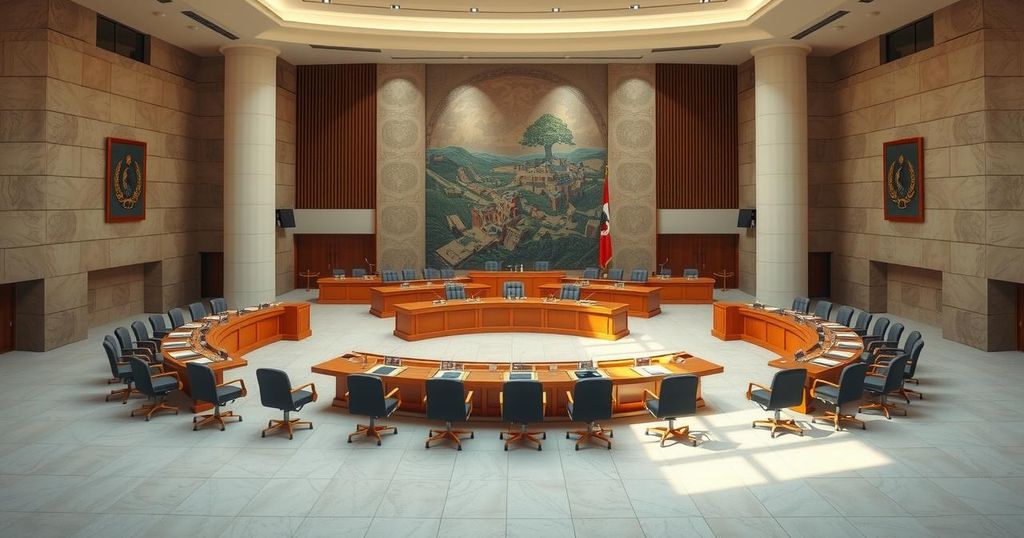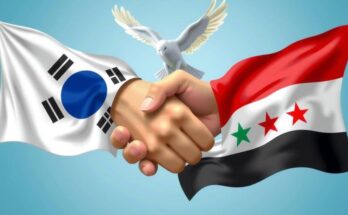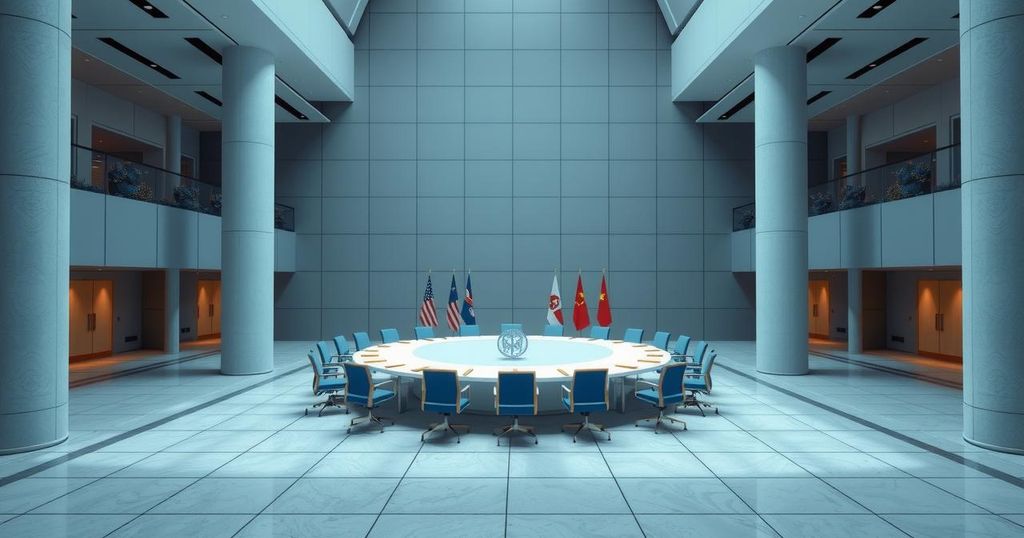The South Sudanese government has postponed elections to 2026 amidst ongoing violence and violations of the peace agreement established in 2018. Political fragmentation, corruption, and competition over diminishing oil resources exacerbate the nation’s instability. As armed groups grow more dispersed, addressing local conflicts becomes increasingly difficult, impeding prospects for durable peace.
In September 2024, the South Sudanese government announced the delay of elections until 2026, which further exacerbates the violations of the 2018 Revitalized Agreement on the Resolution of the Conflict in South Sudan (R-ARCSS). Such developments deepen national divisions and contribute to the ongoing cycle of violence across the nation. The aftermath of the brutal civil war from 2013 to 2018 has left a fragmented political landscape devoid of unity and common purpose among leaders and communities alike.
The lack of a coherent identity or collective incentive among political figures, generals, and local communities has resulted in a focus on power consolidation and economic diversification at the expense of national stability. As South Sudan’s oil reserves diminish, competition over remaining resources has intensified, often leading to violent confrontations. South Sudan’s government in Juba has consistently underfunded national institutions, hampering efforts at creating a unified military force from both state and rebel factions.
Local officials maintain their positions of power by exploiting their authority to support lavish lifestyles and extensive patronage networks. This systemic corruption has enabled politicians to exploit the nation’s primary economic asset, the state-owned Nilepet oil company, for personal gain, contributing to South Sudan’s continued economic hardship. As armed groups become increasingly fragmented, the areas of conflict have expanded significantly since the signing of the R-ARCSS, complicating the prospects for a effective peace process that addresses the local disputes over resources and political influence.
South Sudan, which gained independence from Sudan in 2011, has struggled with political instability and violence since that time, most notably during its civil war between 2013 and 2018. The R-ARCSS was designed to reconcile conflicting factions and establish a framework for peace and governance. However, ongoing political maneuvering, economic degradation, and failures in governance have led to renewed violence and tensions, particularly in regions like Greater Upper Nile. Understanding this context is essential to grasp the dynamics currently impeding peace in South Sudan.
The postponement of elections and the persistent violations of the R-ARCSS highlight the fragility of South Sudan’s political landscape. With leaders vying for power and resources, the current situation is further compounded by the lack of unity and rampant corruption. Without addressing these underlying issues, any peace process may remain ineffective in resolving the escalating violence and deepening divisions throughout the nation.
Original Source: reliefweb.int




